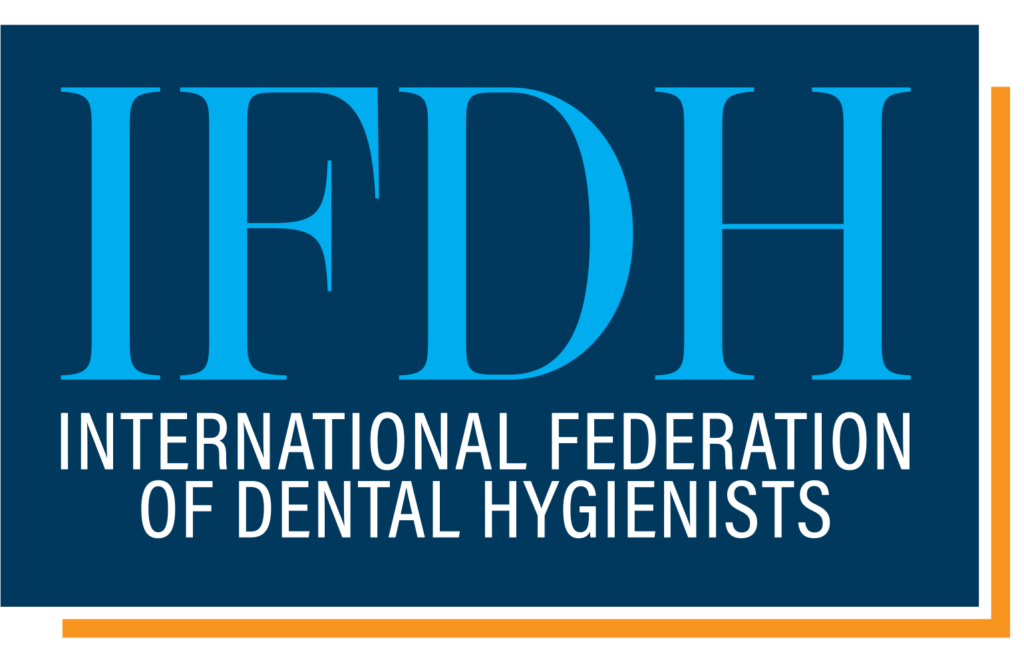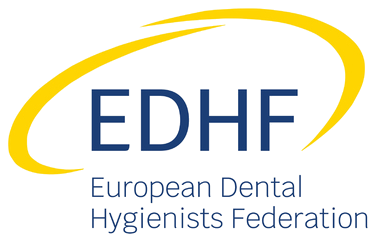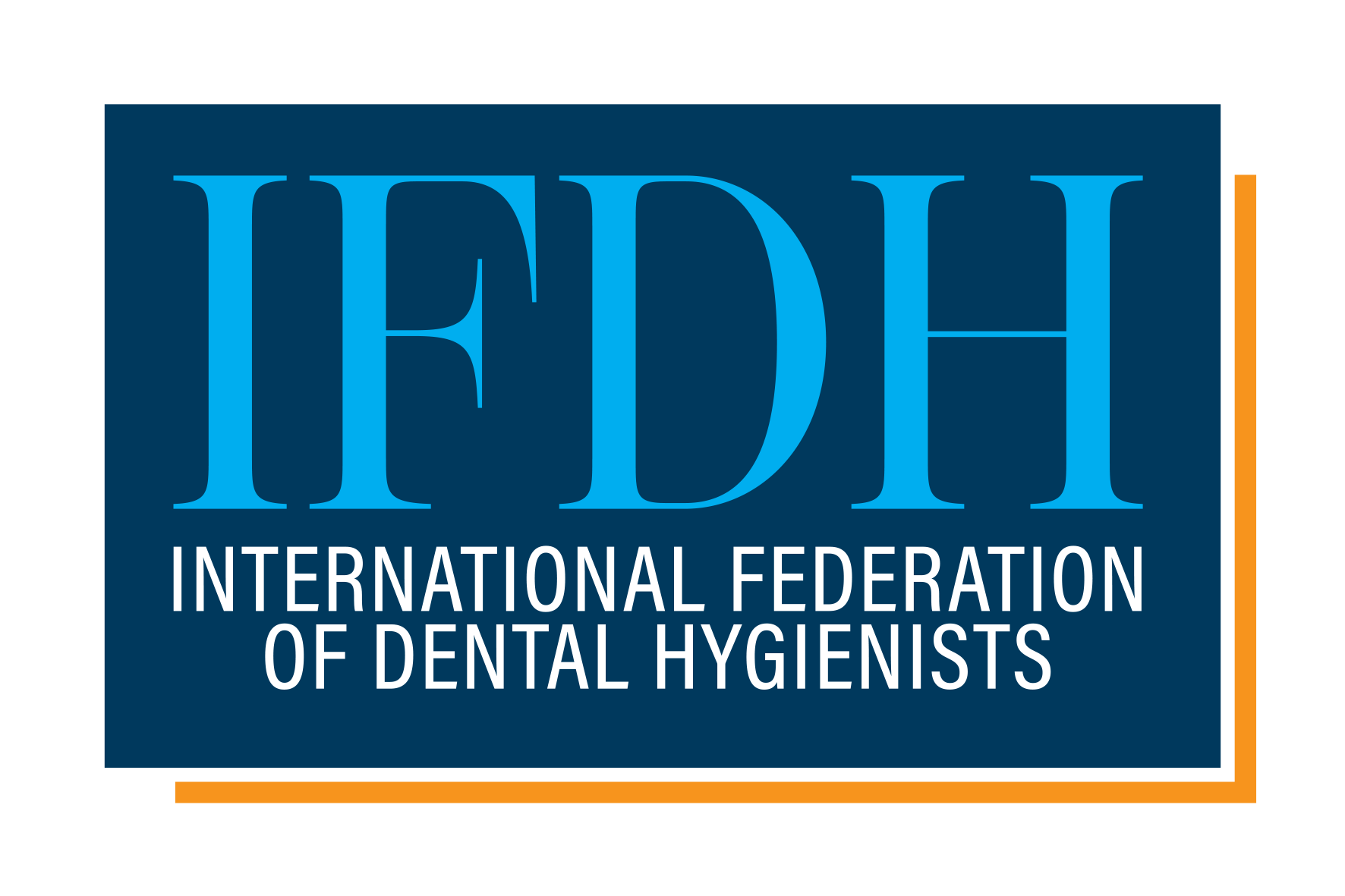A Joint Statement by IFDH and EDHF


A Joint Statement
by
IFDH and EDHF
on the
“WHO Draft Global Strategy on Oral Health”
September 12, 2022
Dear Dr. Varenne,
The International Federation of Dental Hygienists and the European Dental Hygienists Federation have responded, through the Platform for Better Oral Health in Europe, to the recent two questions regarding the actions to be taken to achieve the goals of the Global Oral Health Action Plan and the targets and indicators.
We would wish to contribute a joint statement on behalf of our two organizations.
It is clearly stated in the WHO resolution that there is a disproportionate level of oral disease in the less fortunate in society, be that within a country or in a country as a whole. There should be a direct-action plan to assist in the implementation of public health policy, UHC, and access to care for these global citizens. It will be easier to implement the goals in 1st world countries and it will give a false sense of success if the marginalized populations do not receive support in improving oral care.
The target is that 80% of countries will have a national oral health policy, strategy or action plan and dedicated staff but there is only a targeted reduction in main oral diseases of 10%. This may be indicating that the other 20% of countries, which hold the highest percentage of oral diseases would affect the final goal. Therefore, we feel this should be further developed to ensure a more targeted approach to the 20% of countries with the majority of the oral diseases.
Through collaboration of oral health care professionals and corporate sponsors a strategic “Teach the Teacher” program could be initiated to deliver the oral health education needed to relieve the burden of oral disease in third world countries.
The overall actions superficially mention the importance of a healthy diet and concentrate on reducing sugar, tobacco, and alcohol consumption. More emphasis could be placed on behavioural, and lifestyle change in the human course of life from infancy to end of life and addressing the vulnerable of society. Implementing taxes on sugar containing food items (as well as tobacco and alcohol) while intended to be beneficial, may not have an effect on behavioral change. Increasing educational efforts on the dangers of sugar consumption may be more effective.
One other target may be making fluoridated water available publicly such as public locations, educational facilities etc.
To prepare to achieve the goals, health care training programs should have more emphasis on competence in non-technical skills such as communication, empathy, decision making, and team work along with clinical requirements. Creating collaborative health care models to integrate all aspects of health and wellness. This can enhance communication, interaction, management and leadership resulting in improved oral health care.
Further to the curriculum needs would be bi-directional partnerships between policy makers, oral health professionals, the public and researchers to enable evidence-based policy to be developed and policy development needs could give direction to research for evidence supporting the policy need. Research to identify the key components in the development and change of values and behaviors is key to guide the actions of our public health policies. One example would be evidence of behavioural change in tobacco or alcohol consumption in countries where these commodities are taxed. This could demonstrate the possible success of sugar taxation.
We fully support an innovative workforce model including the opportunity to have dental hygienists training other community health workers, teachers and primary health care professionals in the provision of quality preventive oral health care measures.
As dental hygienists we firmly believe the key to a reduction in the burden of oral diseases lies in prevention. Standardized care is essential to ensure quality and consistency. A multistakeholder approach is important to avoid single interest dominance and to fully realize the goal of an innovative workforce.
We are looking forward to supporting the World Health Organization’s Global Oral Health Action Plan and contributing to its success.
Click here for pdf of this statement.
For more information, contact:
Wanda Fedora, RDH
President, IFDH
Gitana Rederiene, RDH
President, EDHF
The International Federation of Dental Hygienists (IFDH) and the European Dental Hygienists Federation (EDHF) are both non-profit and non-governmental organizations, free from any political, racial, or religious ties, representing Dental Hygienist organizations from around the world (IFDH) and in Europe (EDHF). They represent approximately 90,000 Dental Hygienists globally and are united in their common cause of promoting oral health and preventing oral disease (*1).
(*1) www.ifdh.org; www.edhf.eu





